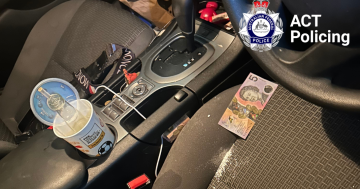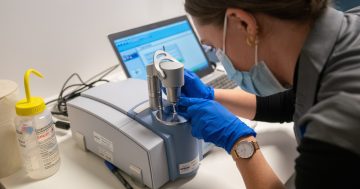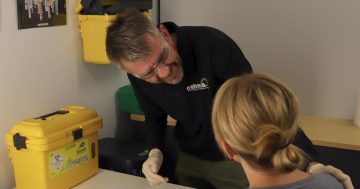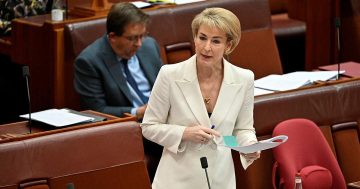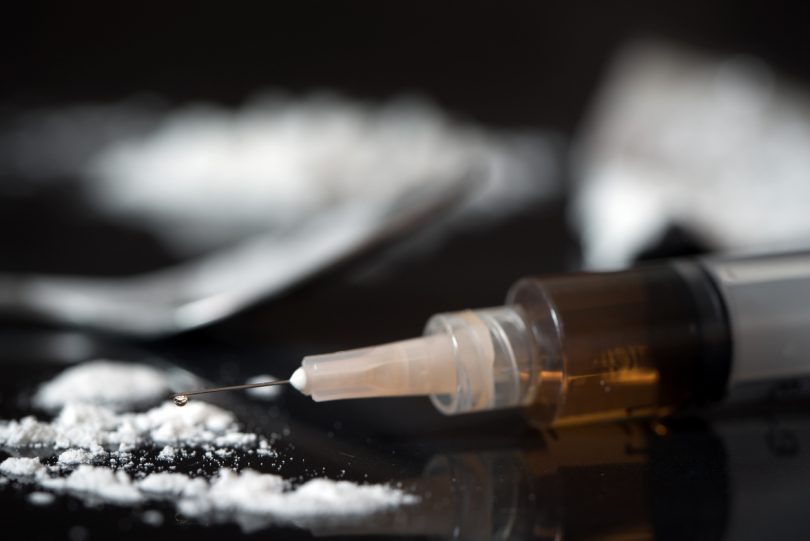
A new bill would decriminalise a range of new drugs in the ACT. Photo: File.
Drugs like cocaine, heroin and MDMA could be decriminalised in the ACT as early as next year, with Canberrans caught with personal possession amounts of the drugs only receiving a small fine instead of a potential two years in jail.
The limits would be 2 grams for cocaine, heroin, amphetamine, methadone and methylamphetamine, 0.5 grams for MDMA and smaller limits for acid and LSD.
The limits were chosen to fall below the Commonwealth Government’s drug trafficking threshold, which is more stringent than the ACT’s.
Government backbencher Michael Pettersson, who introduced the Bill which legalised cannabis in the ACT, said that despite 100 years of prohibition, drugs usage rates have not gone down.
“The criminal justice system isn’t the deterrent we think it is,” he said.
The new legislation does not remove the threat of jail entirely, with the choice to apply the civil penalty being left up to the discretion of the police.
Currently, police can choose to divert someone caught with small amounts of drugs to a health service rather than charge them.
But this is primarily for first-time offenders, and bringing in a civil penalty gives officers a third option if they cannot refer the person to a diversion program, Mr Pettersson said.
“This gives police the ability to offer someone a fine, rather than having to put them up for criminal prosecution,” he said.
Mr Pettersson admitted that the Bill is not perfect, acknowledging the fact that some people will still be prosecuted for the possession of small quantities of these drugs.
“Is that worse than the current criminalisation that exists now? I would say no,” he said.
“In the ACT it is quite rare to go to jail for simply possessing small amounts of an illicit substance; however, these individuals still proceed through the criminal justice system. The more people that we can divert into a health stream the better.”
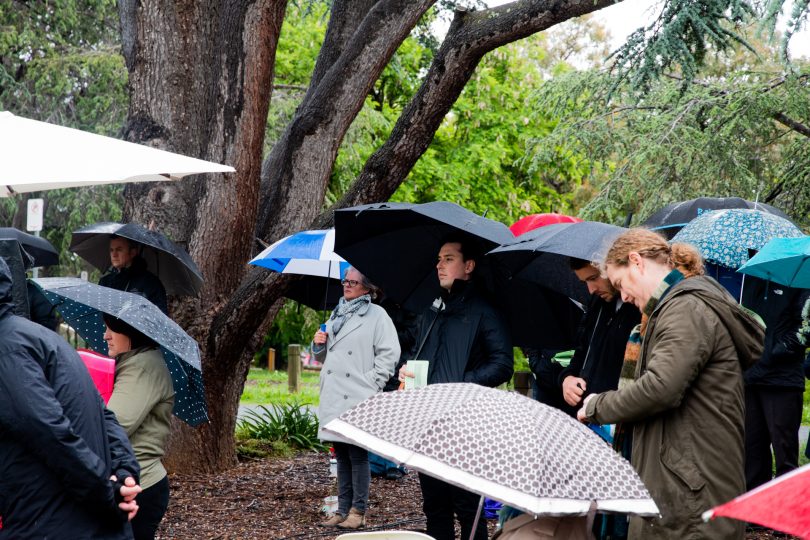
Michael Pettersson at the Families and Friends for Drug Law Reform remembrance ceremony. Photo: Dominic Giannini.
Calvary Hospital’s emergency consultant David Caldicott endorsed the principle of the bill.
“The problem in many modern contexts is that our response to drugs in our society is more harmful than the drugs themselves,” Dr Caldicott said.
“We have been conditioned to think in a very old fashioned way about drugs … from a scientific perspective, this is not that big a deal.
“A drug-free jurisdiction does not exist, but what you can determine is how much harm drugs cause the jurisdiction where you live, and this approach is one that is quite clearly associated with reduced harm.”
Opponents to the bill are critical of the potential impacts it could have on drug usage rates, arguing that more people would take up the illicit substances because of the lax consequences.
Mr Pattersson criticised this argument as “fundamentally flawed”.
“Most Canberrans are quite confident in their ability to consume drugs and not interact with law enforcement,” he said.
“The reason [people] are not going home for the most part to use ice is not because they think they are going to get arrested for it … is because they know how dangerous the substance is, they know the effects of the substance and they make a conscious, informed decision not to.
“If we have a sensible conversation about drugs, if we provide the health and support and resources required to appropriately address when someone does use these substances, that is how we are doing to reduce drug use in our society.”
The National Drug Strategy Household Survey revealed that the most supported course of action for people caught with small amounts of drugs was a referral to a treatment or education program.
There was a decline in the number of people who supported a prison sentence, the report found.
Canberrans also have a more liberal attitude towards drug policy, with support for pill testing as high as 70 per cent – compared to 55 per cent nationally – while 55 per cent of people supported drug consumption in supervised facilities.
Mr Pattersson used the report’s findings to call on politicians to catch up with public sentiment on the issue.
“I have a very personal frustration, and I think a lot of young people do, that the political class were not responding to the issues that were important or pertinent to them,” he said.
The Bill is being released for public consultation and will likely be amended before the final vote, which is not expected until late next year at the earliest.
The Bill has the support of the Greens but Canberra Liberals leader Elizabeth Lee said it was difficult to come to a position without seeing the Bill.












